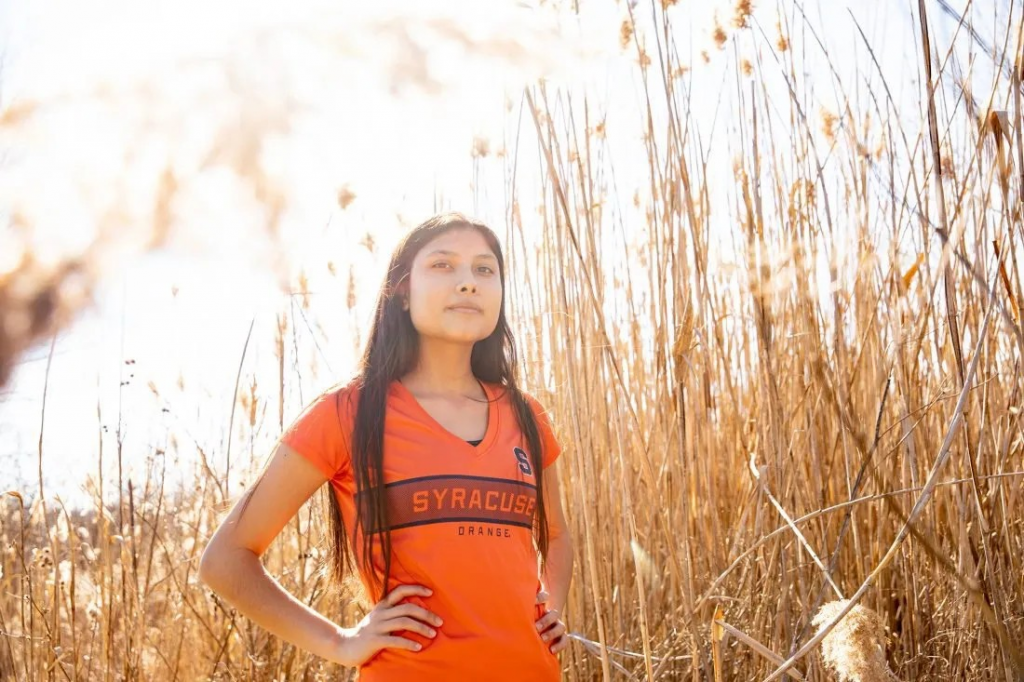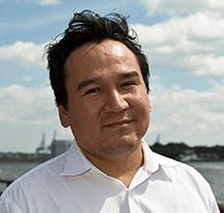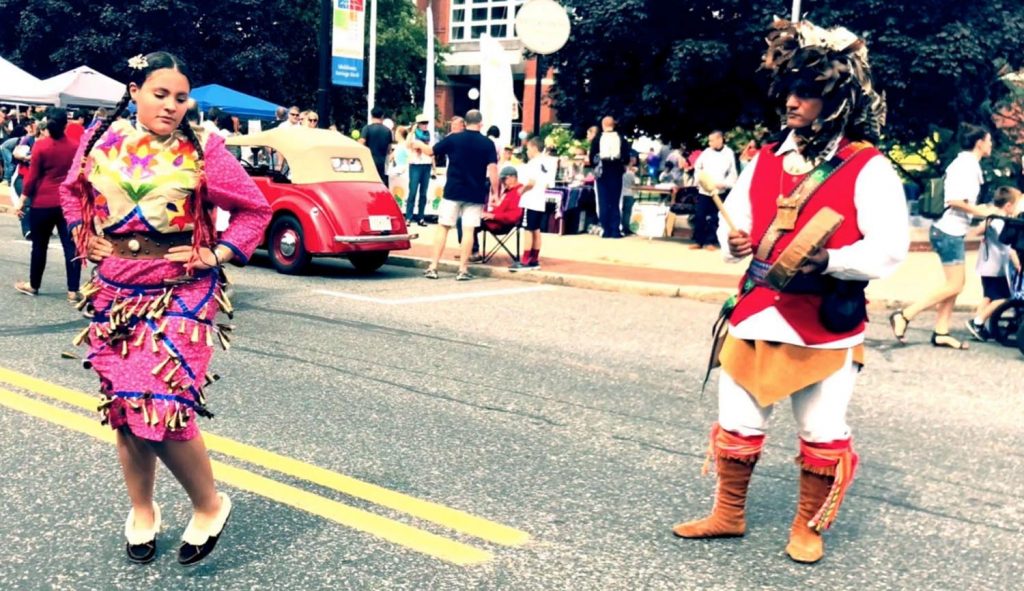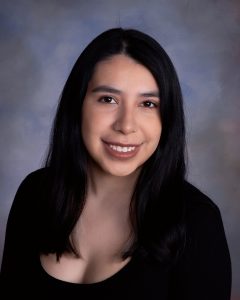The Orange story has thousands of chapters, and we’re highlighting some of the people, programs and spaces on the Syracuse campus that celebrate Indigenous and Native American heritage and community at Syracuse.
Located near the heart of Haudenosaunee territory, Syracuse University is committed to empowering and supporting Indigenous students of any tribe or nation. From academic programs and resources to welcoming and supportive communities, Syracuse provides a campus community with faculty and staff who are invested in helping Indigenous students succeed.
Read below about how some of our Indigenous students have honored their native culture and positively impacted the Orange community.
- Logan Booth ’21, a Haudenosaunee Promise Scholarship recipient, took great pride in representing the young Native women of her community at Syracuse University.

- Ethan Tyo ’17, G’23 poses atop his apartment’s rooftop garden, holding corn and squash, two of the three crops featured in the Indigenous Three Sisters agricultural method.

- Terry J. Jones ’16, a film student in the College of Visual and Performing Arts, has pursued his passion around the world. From collaborative documentaries to creative films, Jones is the purest form of storyteller. After growing up on a reservation, the Native American student has been an ambassador of his culture, both through his filmography and as an officer of the Indigenous Students at Syracuse (ISAS).

- Tamara Jordan, an MFA student at Syracuse University, uses her camera to direct how her narrative as an Algonquin Christian indigenous woman of mixed ancestry is told.

- Rhiannon Abrams graduated from Syracuse University with a Bachelor’s degree in Health and Exercise Science, and a minor in Native American and Indigenous Studies. She is now a graduate student in Whitman’s School of Management pursuing her Master’s in Business Analytics. During Rhiannon’s time in her undergrad, she was a member of the Native Student Program, the Indigenous Students at Syracuse organization, and the Ionkerionniéni:ni Guide Program. Eventually, she became a council member for the Indigenous Students at Syracuse org. She worked and collaborated with the other titleholders and members on projects, events, meetings, and ideas for the future of the organization. When she began working with the Ionkerionniéni:ni Guide Program, she was a Freshman and had a mentor that had a positive impact on her transition into university. Later, she became a mentor herself and wanted to also provide support for incoming and first-year students by making Syracuse University feel like home-away-from-home.

- Bailey Tlachac is a member of the Oneida Nation of Wisconsin, Bear Clan. She graduated from the School of Education in May 2023 with an M.S. in Higher Postsecondary Education. She is from Forestville, Wisconsin and an alum of the University of Wisconsin – Green Bay where she graduated with a Bachelor of Arts in First Nations Studies with a Psychology minor. During her time there, she was the Cultural Resource Specialist in the Education Center for First Nations Studies. She also held multiple leadership positions in Intertribal Student Council where she helped raise awareness about indigenous communities and issues on campus. She was one of the organizers for the installation of Wisconsin’s 12 tribal nations’ flags. Bailey was honored to be working with the Native Student Program in the Office of Multicultural Affairs. Most recently, she transitioned from Syracuse University to the First Nations Education doctoral program at UW – Green Bay starting in the Fall of 2024.

And to celebrate the Indigenous voices on campus, Syracuse University has recently renovated 113 Euclid. Richard Summers III ’25 majors in communications design and created a graphic representation of the Haudenosaunee origin story for one of 113 Euclid’s meeting rooms. At 113 Euclid, there is space dedicated for students to create regalia and also opportunities to practice Native languages. In addition to the Native Student Program, 113 Euclid will also be home to the Center for Global Indigenous Cultures and Environmental Justice.

